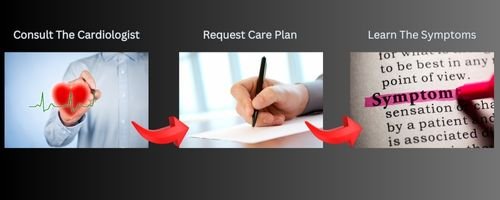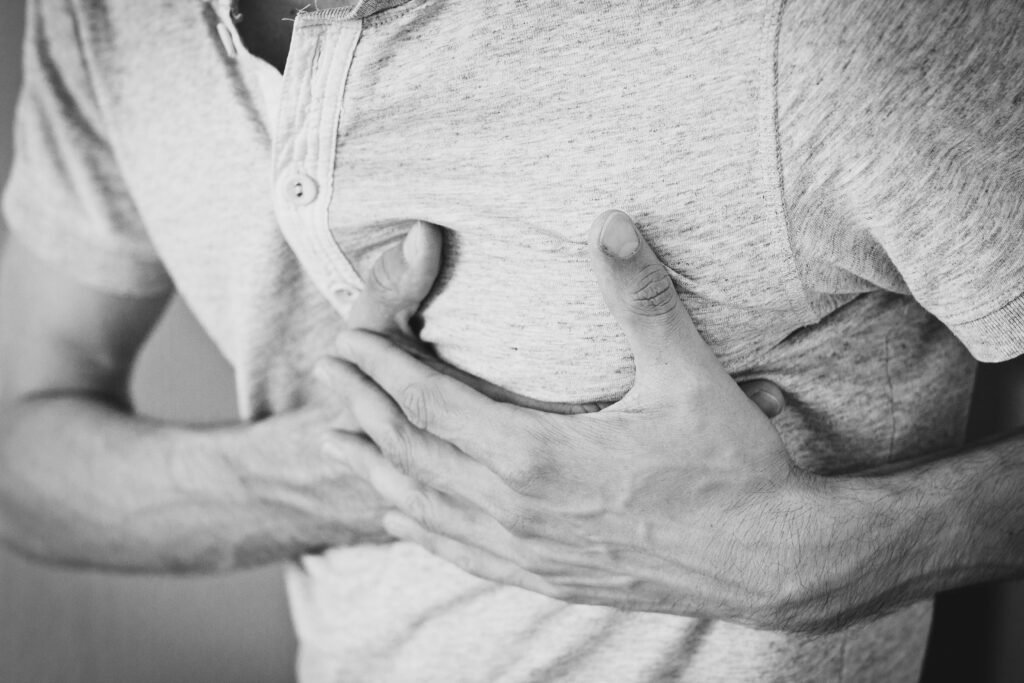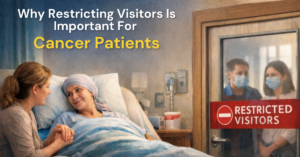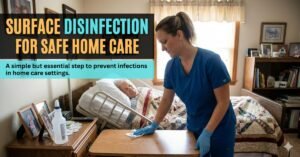Caring for a loved one with a heart condition can feel overwhelming at times. From managing medications to preparing heart-healthy meals, caregivers play a vital role in recovery and long-term heart health. This guide covers everything about caring at home, including diet, medication, emotional support, and other essential care tips for cardiac patients.
Understanding the Cardiac Patient’s Needs
Before diving into essential care tips for cardiac patients, it’s important to first understand what the patient is going through. Heart conditions such as coronary artery disease, heart failure, or post-surgery recovery require significant lifestyle changes. A caregiver’s role is to create a safe and supportive environment for the patient.
Important: Every cardiac patient’s needs are unique. This guide offers supportive care tips, but medical decisions should always be made with a doctor’s supervision.
Start by:
- Consulting a doctor or cardiologist about the patient’s condition.
- Requesting a written care plan with medications, diet, and activity guidelines.
- Learning the symptoms of complications to act quickly.

With this foundation in place, let’s explore the essential care tips for cardiac patients step by step.
1. Medication Management
One of the first responsibilities of a caregiver is managing medications. Cardiac patients often take lifelong medicines, including:
- Blood thinners (anticoagulants): prevent clots.
- Beta-blockers: control heart rate and blood pressure.
- ACE inhibitors: lower blood pressure.
- Diuretics: reduce fluid retention.
Tips for caregivers:
- Keep a medication chart with dosage and timings.
- Use alarms or apps as reminders.
- Never stop medicines abruptly—consult a doctor first.
In addition to medication, diet plays a critical role in maintaining heart health.
Check out our Complete Medication Management Guide here
2. Heart-Healthy Diet For Cardiac Patient: What to Feed and What to Avoid
A healthy diet lowers cholesterol, controls blood pressure, and reduces strain on the heart.
✔ Recommended Foods:
- Fresh fruits and vegetables
- Whole grains (oats, brown rice, whole wheat)
- Lean proteins (fish, chicken, beans, lentils)
- Healthy fats (olive oil, nuts, seeds)
✘ Avoid:
- Fried and processed foods
- High-salt snacks and canned items
- Sugary drinks and desserts
- Red meat and full-fat dairy
Tip: Encourage small, frequent meals instead of large portions.
While nutrition forms the backbone of heart care, daily monitoring helps detect early warning signs.
3. Monitoring Vital Signs at Home
Not only is monitoring vital signs necessary, but it also helps detect problems early.
- Blood pressure: Use a digital monitor daily.
- Pulse rate: normal resting range is 60–100 bpm.
- Weight: sudden gain may indicate fluid retention.
Keep a record to share with the doctor during visits.
Once health tracking is in place, caregivers should also focus on the right balance of activity and rest.
4. Physical Activity and Rest
Exercise strengthens the heart, but overexertion can be harmful.
- Follow the doctor’s prescribed activity level.
- Begin with short walks or stretching.
- Avoid heavy lifting and strenuous chores.
- If needed, ask for assistance in daily living activities.
- Ensure adequate rest and quality sleep.
Along with physical health, emotional well-being cannot be ignored.
5. Emotional and Mental Support
Many cardiac patients face anxiety, depression, or fear of relapse. Supporting emotional health is just as crucial as managing medications and diet.
- Stay patient and calm in communication.
- Encourage open sharing of feelings.
- Introduce relaxation techniques like deep breathing or meditation.
- Arrange visits or calls with close family and friends.
Once emotional support is ensured, the next step is to create a safe and stress-free living environment.
6. Creating a Heart-Friendly Environment
Provide cardiac patient a healthy environment by following these guideline:
- Keep the home clean, calm, and well-ventilated.
- Provide a comfortable bed with easy bathroom access.
- Minimize loud noises and household stress.
Still, even in a safe environment, caregivers must stay alert to potential emergencies.
7. Warning Signs: When to Call for Help
Seek medical help immediately if the patient experiences:
- Severe chest pain or pressure
- Shortness of breath at rest
- Fainting or dizziness
- Swelling in the legs or abdomen
- Irregular or rapid heartbeat
Emergency tip: Keep hospital and doctor numbers handy, along with an emergency kit.
After handling urgent issues, consistent follow-up care helps maintain progress.
8. Follow-Up Care
- Keep all prescriptions and reports organized.
- Never skip scheduled follow-ups.
- Share home BP, weight, and pulse readings with the doctor.
Finally, caregivers themselves need to stay strong and positive to provide the best care.
Practical Tips for Family Members and Caregivers
- Stay positive; a caregiver’s attitude influences recovery.
- Self-care: A stressed caregiver cannot provide the best care.
- Learn CPR and basic life support.
- Adopt healthy habits; this will make recovery easier.
Final Thoughts
To conclude, the journey may be challenging, but with patience and love, recovery becomes smoother. Caring for a cardiac patient requires patience, compassion, and dedication. From timely medications to preparing heart-healthy meals or simply offering emotional comfort, every small effort makes a difference.
Remember: Healing comes not just from medicines and diet, but also from love, care, and emotional peace.
Explore more of our Basic Care Skills guides for practical caregiving tips.
Frequently Asked Questions (FAQs)
It depends on the doctor’s advice and the patient’s condition. Light walking or gentle stretching is often encouraged, but strenuous activity should be avoided unless approved by the cardiologist.
Patients should limit fried foods, red meat, processed snacks, high-salt items, sugary drinks, and full-fat dairy. Instead, focus on fruits, vegetables, lean proteins, and whole grains.
Most cardiac patients benefit from daily blood pressure monitoring. Keeping a record helps doctors track progress and make adjustments if needed.
Be patient, listen actively, and create a stress-free environment. Encourage light relaxation activities like meditation, breathing exercises, or calm music. Social support from family and friends also helps reduce anxiety.
Call for immediate help if the patient notices chest pain, sudden shortness of breath, fainting, swelling in the legs or abdomen, or irregular heartbeat.
Yes! Learning CPR and basic life support is highly recommended for caregivers. It can be lifesaving in emergencies before medical help arrives.






